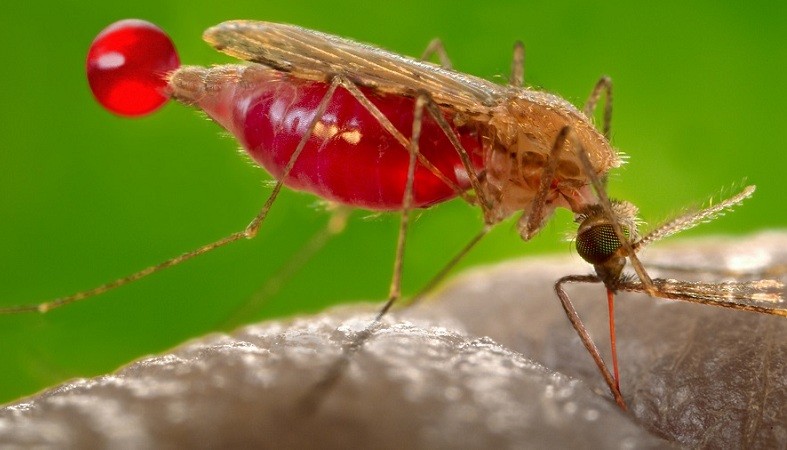
Malaria parasite infections are being studied by scientists all around the world in order to combat them. Researchers from the University of Copenhagen (Denmark) have taken a big step forward by discovering a significant difference between naturally acquired immunity and vaccination-induced immunity. The research findings were published in the journal 'Nature Communications.'
"When you've been infected with malaria, your body creates antibodies that are different from those created when you've been vaccinated. And this suggests that when we are naturally infected with malaria, our immune system responds more effectively than when we are vaccinated against malaria "Professor Lars Hviid of the Department of Immunology and Microbiology at the University of Copenhagen. In order to defend the body, the immune system might activate a variety of systems. Macrophages are the body's natural defence against parasitic, viral, and bacterial illnesses.
"The immune system can manufacture antibodies that adhere to the foreign body that needs to be battled when we are attacked from the outside. They are then recognised by macrophages, which are tiny cells that are drawn to the antibody and eat the bacterium or virus. This is essentially how most infectious illness immunity works "Lars Hviid elaborated. Researchers have recently revealed that immunity to malaria appears to act in a unique way. Other types of cells are used by the body's immune system to fight infection with the malaria parasite.
Dengue: Centre rushes high-level teams to 9 states, UTs to curb infection
1.25 lakh dengue cases across the country, chikungunya and malaria attack in Delhi